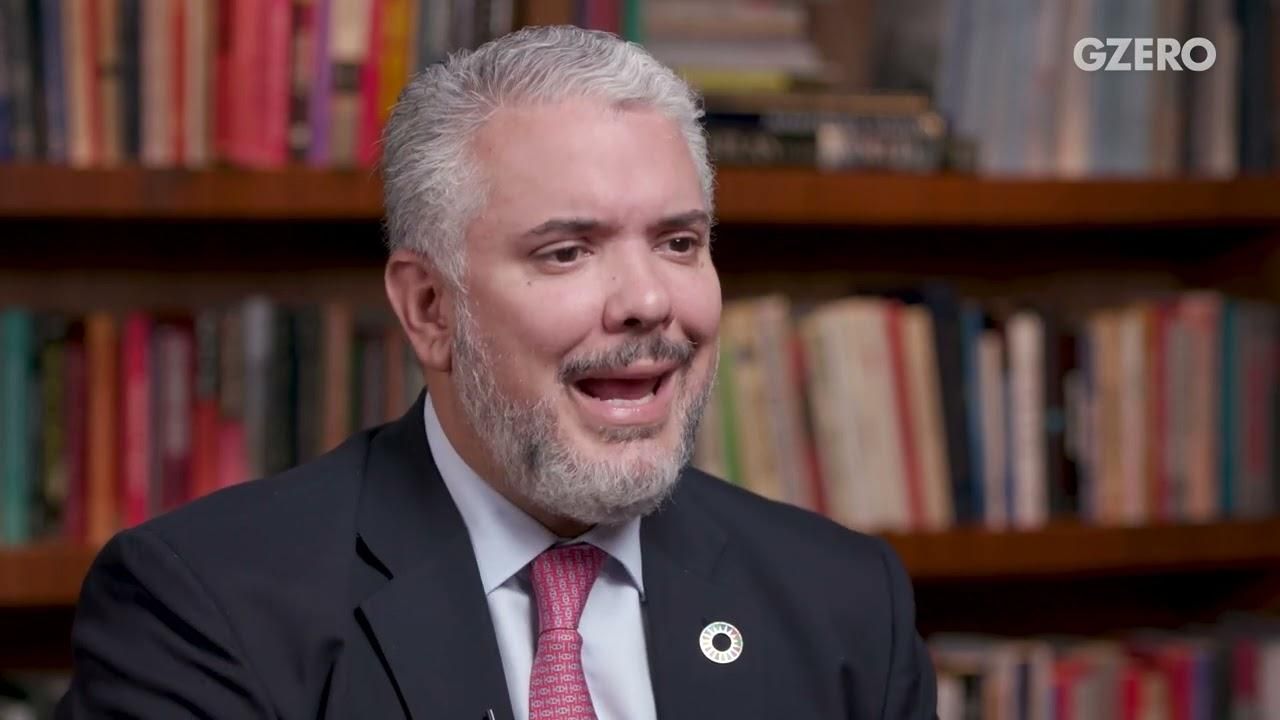GZERO World Clips
Iván Duque: I should have been more forceful with US on drugs

Iván Duque: I Should Have Been More Forceful With US on Drugs | GZERO World

Iván Duque has few regrets from his time as Colombia's president. But if he could go back and do better on one thing, perhaps he should have been more vocal on the War on Drugs.
For Duque, there's too much focus on the supply side of the problem — Colombian cocaine — and too little attention on the demand side: Americans hungry for the drug.
In a GZERO World interview, Duque tells Ian Bremmer that he brought this up with both Donald Trump and Joe Biden. Maybe, he adds, he should have said it more and raised his voice.
Another thing he wished he could have done more on: migration from Venezuela.
Europe looks increasingly prepared to defend itself without America. Ian Bremmer and Ivo Daalder assess what that means for NATO, Ukraine, and the future of the West.
Think you know what's going on around the world? Here's your chance to prove it.
People in support of former South Korean President Yoon Suk Yeol rally near Seoul Central District Court in Seoul on Feb. 19, 2026. The court sentenced him to life imprisonment the same day for leading an insurrection with his short-lived declaration of martial law in December 2024.
65: The age of former South Korean President Yoon Suk Yeol, who was sentenced to life in prison on Thursday after being found guilty of plotting an insurrection when he declared martial law in 2024.
Argentina, Armenia, Belarus, Egypt, Indonesia, Jordan, Pakistan, Paraguay, Vietnam – to name only a few.